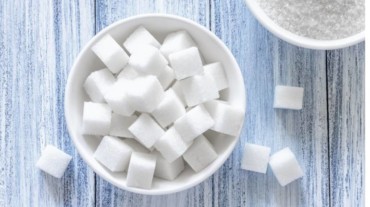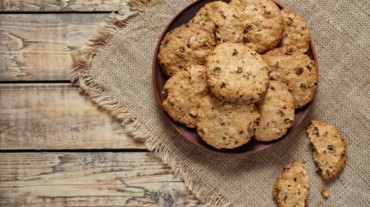
Has the pandemic put you on a low-carb diet, making you miss your sweet treats? If you said yes, then read on—because we have good news for you. We understand that artificial sweeteners don’t have the same magic as sugar and leave behind a synthetic after taste. And that is why we think allulose could just be the right thing for you to strike that balance between taste and calories.
Allulose is a natural sweetener that can be used in place of your usual table sugar and has been taking the Internet by a storm of late. And here is everything you need to know about it:
What is allulose?
Allulose, also known as D-Psicose, is a rare natural sweetener. It can be used as an alternative for sugar, especially for those who are trying to lose weight or are diabetic.
Where does allulose come from?
Small quantities of this rare sugar can be found in wheat, figs, jackfruit, and raisins. Allulose and fructose have the same chemical structure, since both of them are types of simple sugars.

However, allulose is actually absorbed by the body into the blood and fructose is not. This makes allulose a healthier option A relatively new manufacturing process enables mass production of allulose by converting fructose from corn and some other plants.
How does allulose tase?
It is safe to say that allulose is 70% as sweet as table sugar. What is even better is that it does not have an aftertaste that most of the other artificial or low calorie sweeteners have, then be it sugar free or stevia.
Is allulose really a heathy option?
About three teaspoons of refined sugar account for around 50 calories whereas same amount of allulose counts for only 5 calories. While the energy it provides is very similar to that of cane or even beet sugar, allulose is not metabolized by the body and that makes its effective calorie value is so low.
How does it affect blood sugar levels?
Allulose does not raise blood glucose levels. In fact, it does quite the opposite by naturally lowering blood sugar and the risk of developing type-2 diabetes. It safeguards some of the insulin-producing cells in the pancreas. So, if you are at a risk of type-2 diabetes or are at a pre-diabetic stage, you should definitely make the shift to allulose.

Can you use allulose for baking?
Since allulose tastes and acts like table sugar, it’s a really great sweetener for low-carb baking. It caramelises, thickens, and even gets sticky. Most importantly, it doesn’t crystalize upon getting cold like most of the other sugar substitutes.
Select Topics of your interest and let us customize your feed.
PERSONALISE NOW